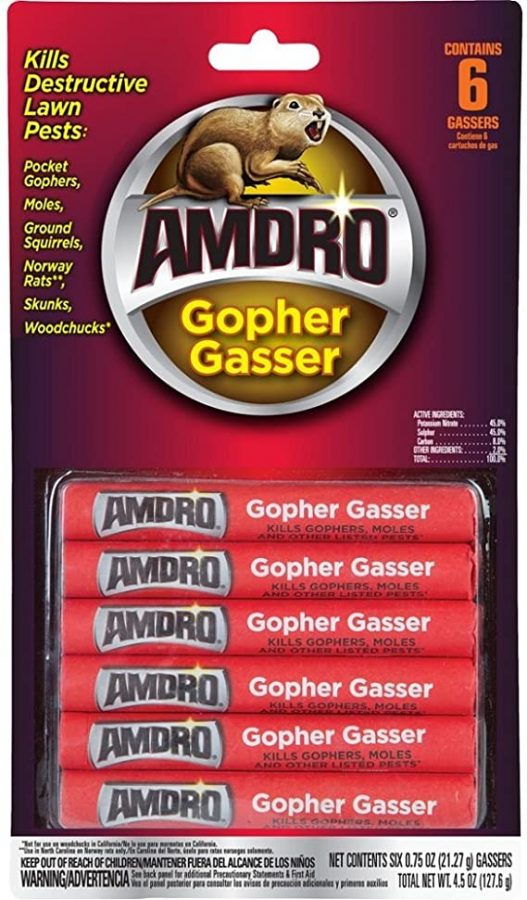The dishwasher has been a growing necessity in American homes for more than 50 years, but not everyone is getting the most out of it.
The biggest benefit of the automatic dishwasher is that it does the work for you — saving you time and energy — and gives your dishes a better clean. However, what happens inside the dishwasher still is a mystery to most.
The automatic dishwasher uses powerful jets of water that blast off food particles. The hot water kills germs and bacteria. Running a dishwasher also saves water and money; each cycle uses only six to 10 gallons of water and costs less than a postage stamp.
To maximize your dishwasher, the manufacturer of a leading dishwasher detergent recommends keeping these four aspects of the appliance in mind: water, loading, detergent and heat.
Water works
For optimal washing, run the hot water in your kitchen sink for a few minutes before starting the dishwasher to ensure the water that enters the dishwasher is hot. Check your hot water heater to ensure that the temperature is at 120 degrees for optimal results.
The dishwasher puzzle
Loading your dishwasher correctly is key. Many people overload, which prevents the water from reaching every dish. Follow these tips when loading your dishwasher:
Load dirty dishes facing the center and open ends down for optimal cleaning and drying.
Place cups and glassware in the rows between the tines, to prevent breakage and water spots.
Load taller items away from the center of the spray arm to ensure smaller items get completely clean.
A soapy situation
Be sure to always completely fill the detergent cup. In areas with hard water, magnesium and calcium are present, preventing the dishwasher from cleaning as effectively, causing spotting and film on dishes.
Overfilling the detergent cup in these areas can help — the more detergent used, the more the hard elements are broken down, giving your dishes the cleanest clean. Soft water lacks the elements found in hard water and therefore does not re-quire additional detergent.
However, filling both cups in soft water is still recommended to maximize dish cleaning. Also, consider choosing your detergent based on what you are washing.
For example, at least one leading dishwasher detergent specifically is formulated to help prevent etched — cloudy — glasses.
The heat is on
While the “heat dry” cycle is often skipped, using this feature to dry your dishes is more sanitary and quicker than hand drying.























